5 Easy Steps to Start an Organic Gardening from Scratch
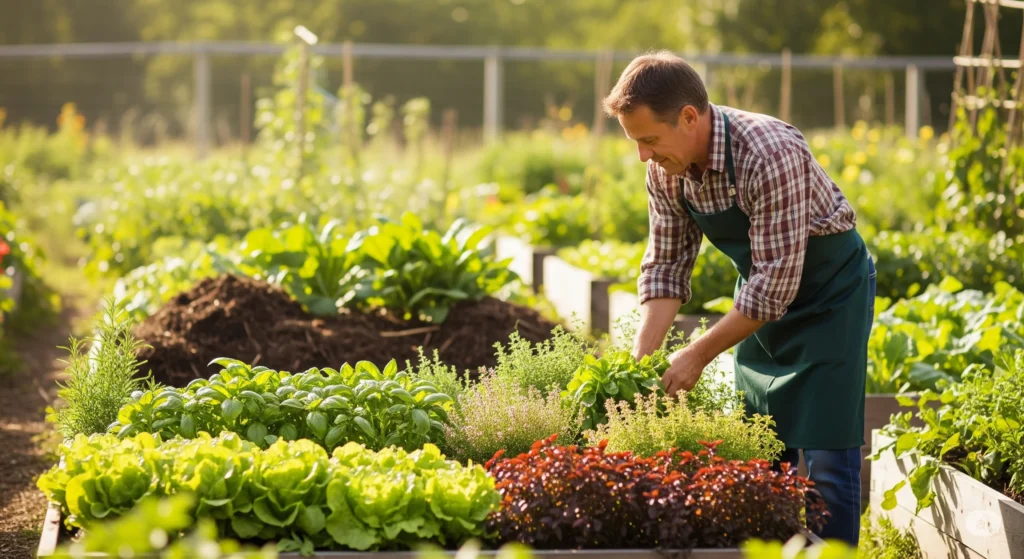
Introduction
Are you ready to grow healthy food right at home, without using chemicals or synthetic fertilizers? An organic garden allows you to control what you put on your plate and into your body.
Organic gardening isn’t just for farmers or people with yards to spare! Even if you are a total novice, you can start your organic garden from scratch, and all you need is a little love for natural living, some space, and some planning.
Fun fact: According to a 2024 report by the Organic Trade Association, 82% of U.S. families now regularly purchase organic foods, illustrating a significant shift toward healthier, more eco-friendly lifestyles.
Source: Organic Trade Association
In this article, we will outline 5 easy-to-follow yet powerful steps to building your organic garden, whether it is in your yard, on your balcony, or in pots. We will discuss sunlight, soil, plants, pests, watering, and maintenance, without all the jargon.
Let’s get to work!
1. Select the Best Garden location
Sometimes, where you grow is as important as what you’re growing. There are so many elements to consider when growing plants. In an organic garden, the plants are going to do most of the work; however, we must make sure they have the right conditions (site location) to survive and thrive.
What to Look for in a Garden Location:
Sunlight: Most edible plants will require 6-8 hours of sunlight each day.
Drainage: Make sure to establish a site that does not hold water.
Air Flow: A gentle breeze can help prevent fungal disease from developing on your plants.
Accessibility: You are going to establish a habit of visiting your garden daily, so make sure you can get to it easily.
Don’t have outdoor space? Do not despair, there are creative ways, such as like container gardening approach or beautiful vertical gardens you can establish on your balcony or patio!
2. Create Living and Healthy Soil
Soil is the soul of an organic garden. Instead of just feeding the plant with toxic synthetic chemicals, you are feeding the soil, and the soil feeds the plant.
How to organically enhance your soil?
Composting: Gather veggie scraps, eggshells, and yard trimmings to start composting in a composting bin.
Organic Matter: Incorporate aged manure, worm castings, or leaf mold into your soil.
Soil tests: Purchase a test kit to determine PH, nitrogen, phosphorus, and potassium.
Mulching: Mulch with organic mulch to reduce moisture loss in the soil and weed growth.
Over time, your soil becomes a flourishing living community, full of earthworms, microbes, and nutrients — with no chemicals at all.
Would you like organic seeds that are a perfect match for living soil?
You can get started with this Medicinal Seed Kit for growing healing plants and herbs for home use.

3. Select Organic and Heirloom Plants
Plant selection is very important when growing organically. Always select seeds and seedlings that are labelled as:
- Organic
- Heirloom
- Non-GMO
These plants are naturally stronger-growing than the alternative chemical-raised plants.
Easiest Organic Crops for Beginners:
Vegetables Herbs Fruits
Lettuce Basil Strawberries
Carrots Mint Tomatoes
Zucchini Cisnatro Peppers
Spinach Dill Cucumbers
Some plants, like tomatoes, cucumbers, and basil, are grown for you already as starter plants for small home gardens or raised beds, which helps you be successful.
4: Control Pests Naturally
During organic gardening, pest control means working with nature, not against it.
Natural ways to keep bugs away:
- Neem Oil: An organic spray used to fight aphids, spider mites, and others.
- Ladybugs and Beneficial Insects: Beneficial insects are predators that eat harmful bugs.
- Companion Planting: Plant marigolds near tomatoes to repel nematodes.
- Diatomaceous Earth: A natural powder that can dehydrate weak-bodied insects.
You can also plant strong-smelling herbs like rosemary, lavender, and oregano throughout your garden, so that insects will go to another location.
Expert Tip: The more diverse your plants are, the richer the soil will be.
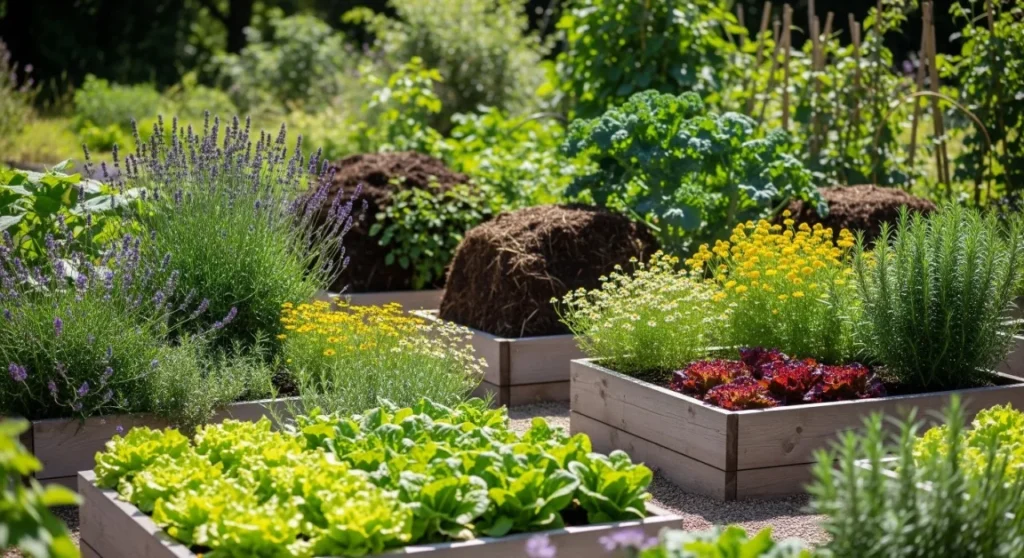
5: Water Smartly & Maintain Regularly
Organic gardens don’t want to be overwatered or neglected. Providing consistent tender love and care will make a big difference in strong plant growth.
Watering Tips :
- Morning is best for disease prevention and evaporation.
- Water deeply, but not often: encourages roots to reach deeper.
- Use mulch: holds in moisture and restricts weed growth.
- Install a drip irrigation system: saves time and water.
Weekly Organic Garden Checklist :
- Pull weeds by hand.
- Look under leaves for signs of pest issues.
- Harvest your mature produce frequently.
- Refill mulch as needed.
- Turn your compost bin.
Organic gardens like consistent care, not perfection. You will learn it as you grow!
Start With Medicinal Seed Garden
If you are unsure where to start, consider beginning with an easy-to-grow medicinal herb garden. Not only are you going to be functional in the kitchen, but you will also be nurturing your immune system with these crops in an all-natural way.
This Medicinal Seed Kit includes hand-selected seeds such as:
- Chamomile
- Echinacea
- Lemon Balm
- Calendula
- Yarrow
These herbs are great to use for teas, tinctures, or soothing balms—and grown naturally!
FAQ
- Can I grow an organic garden indoors?
Yes! With grow lights and the right-sized containers, you can grow herbs, salad greens, and even small vegetables while using organic methods. - What’s the distinction between heirloom seeds and hybrid seeds?
Heirloom seeds are open-pollinated and have been handed down for generations. They are often passed down as “True” seeds, but will still not grow true-to-type seed. Hybrids are bred to express certain characteristics and are common for commercial crops and large plantings. For organic gardening, heirlooms are often the best choice. - How many hours will I spend caring for an organic garden?
For small gardens, 15-30 minutes per day is ample for care. Medium-sized gardens to large gardens may require a few hours/week of your time or more, depending on the season.
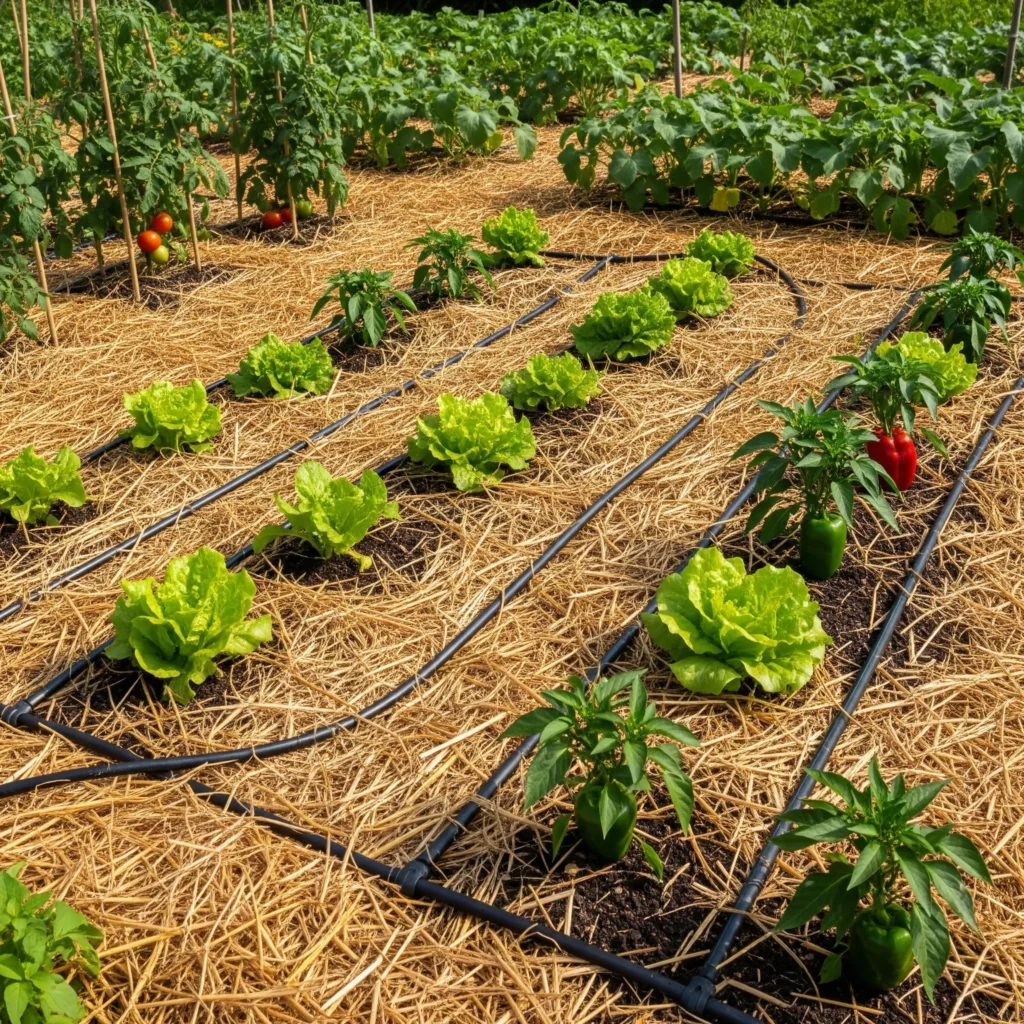
Conclusion
“Organic” gardening is not just a type of gardening without chemicals; it is a way to reconnect with nature and to eat healthier for ourselves, our families, and the planet. Remember to start small, be patient, and use the ideas shared in this booklet; you will be impressed at how quickly your garden transforms into a green location for your delicious food and living things.
So whether that is growing tomatoes, healing herbs, or leafy greens, this is the season for you to start naturally.
👉 Interested in the 5 Best Companion Plants for a Healthy Garden? Read this.

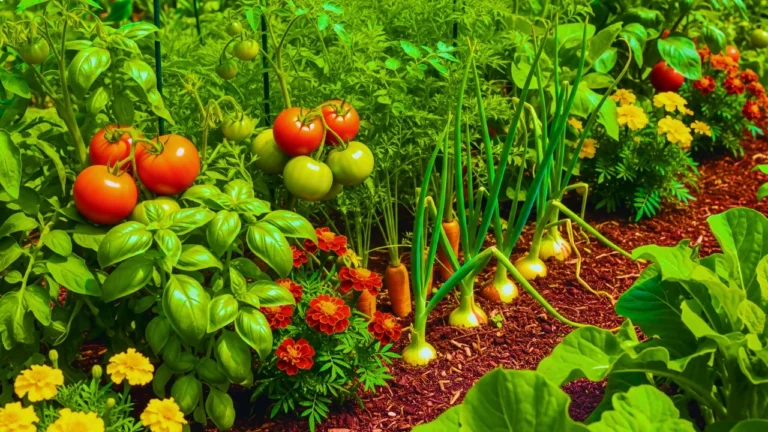
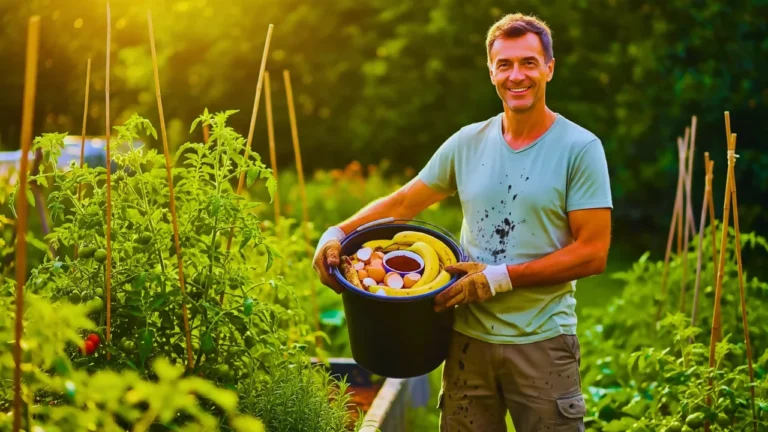
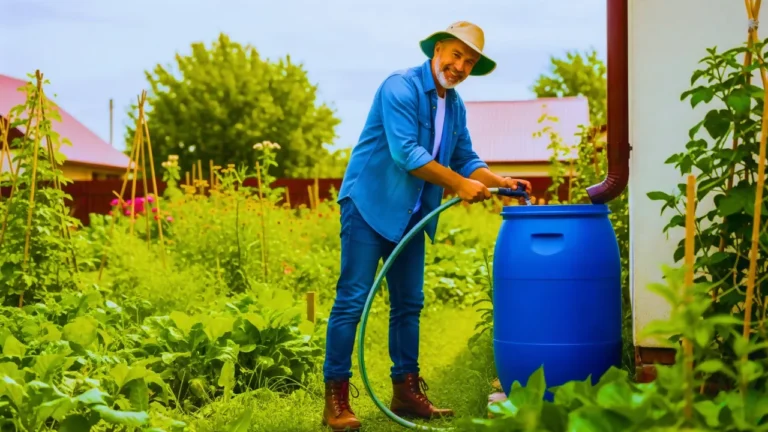
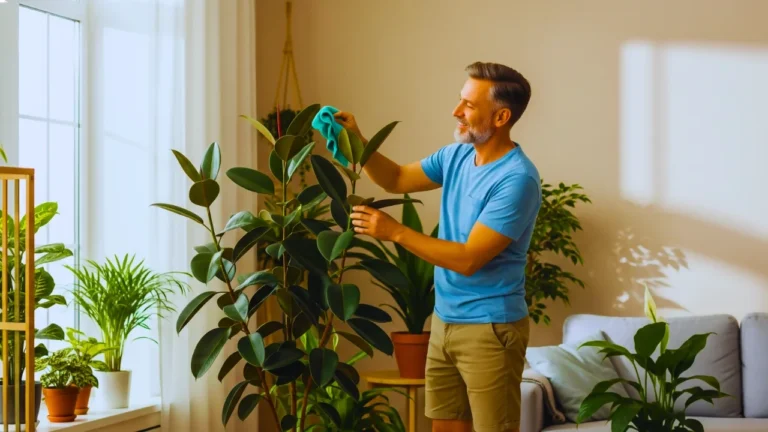
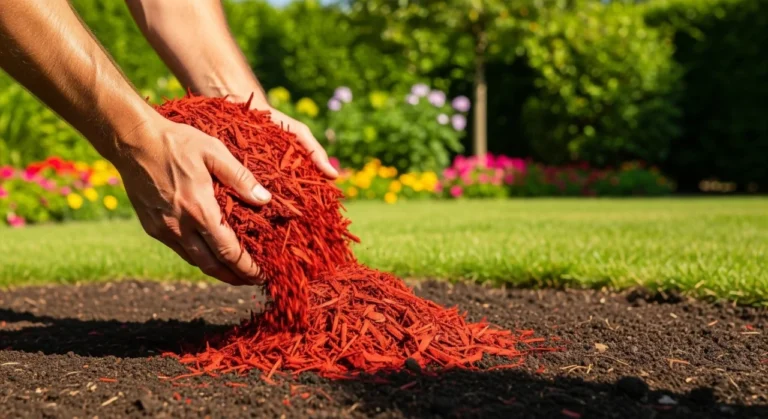
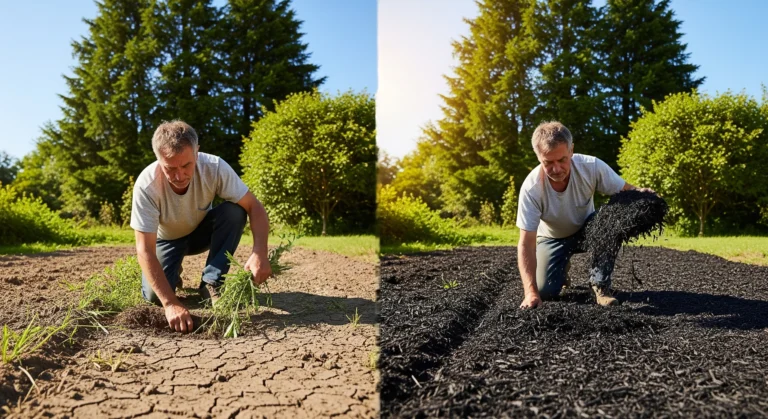
Hello wll setahay